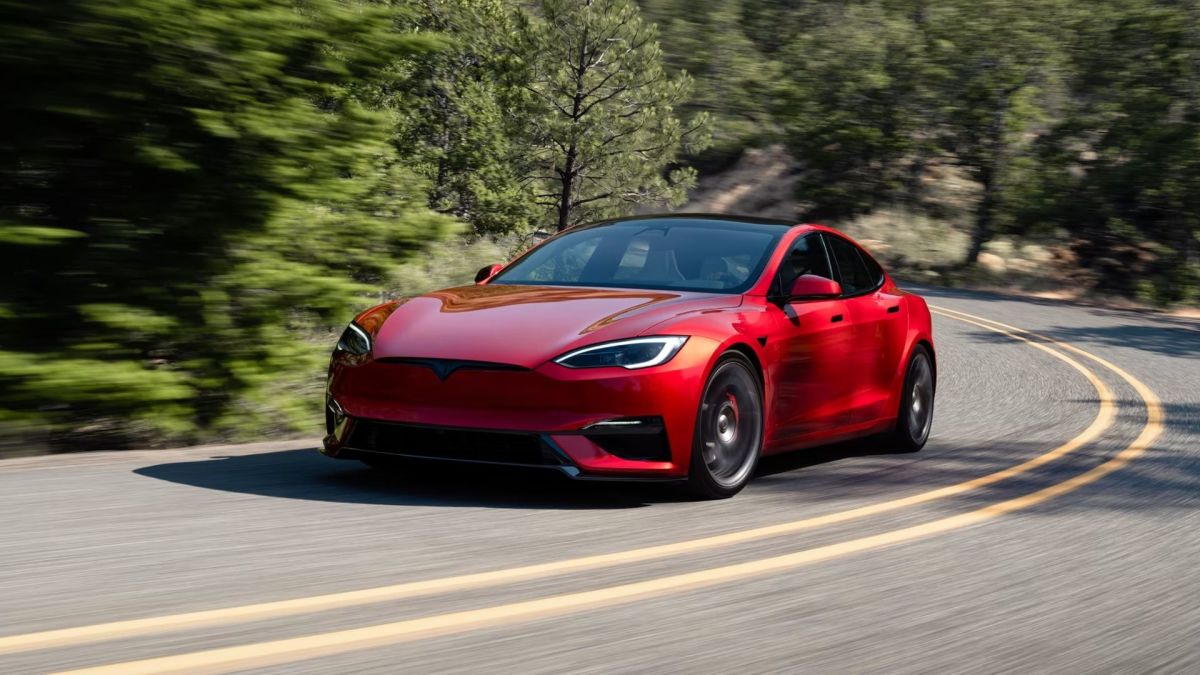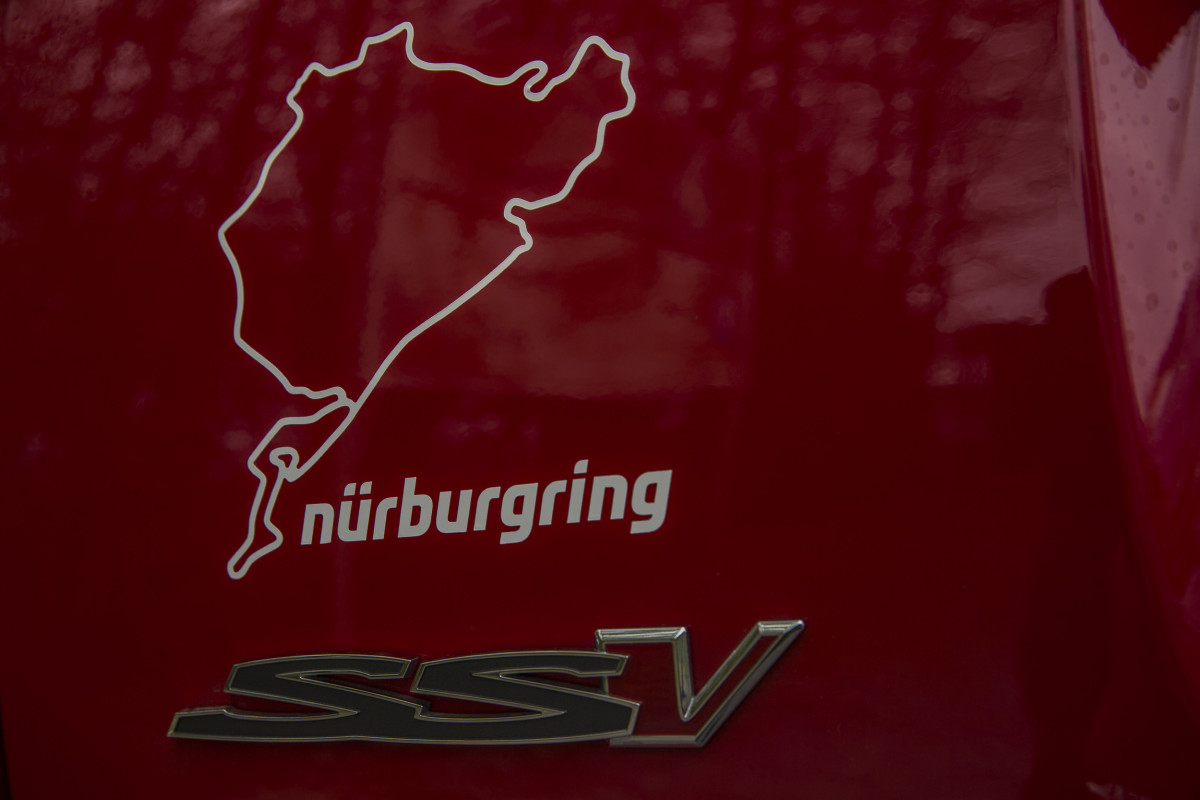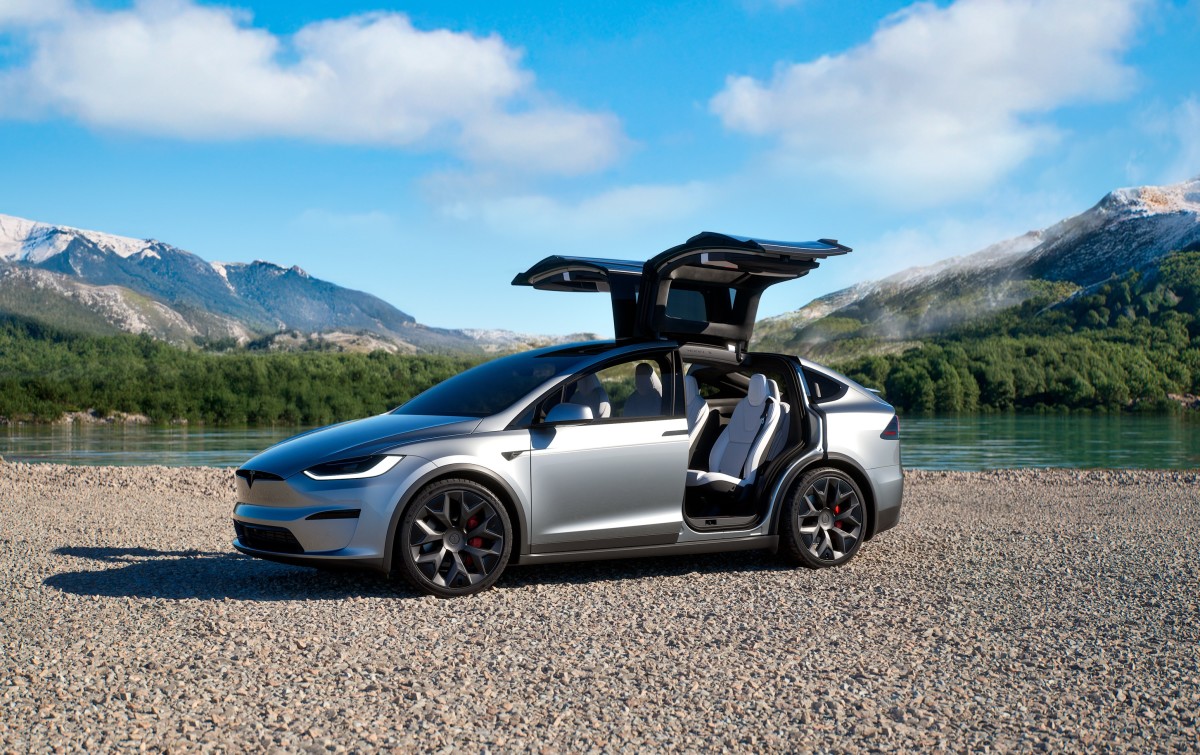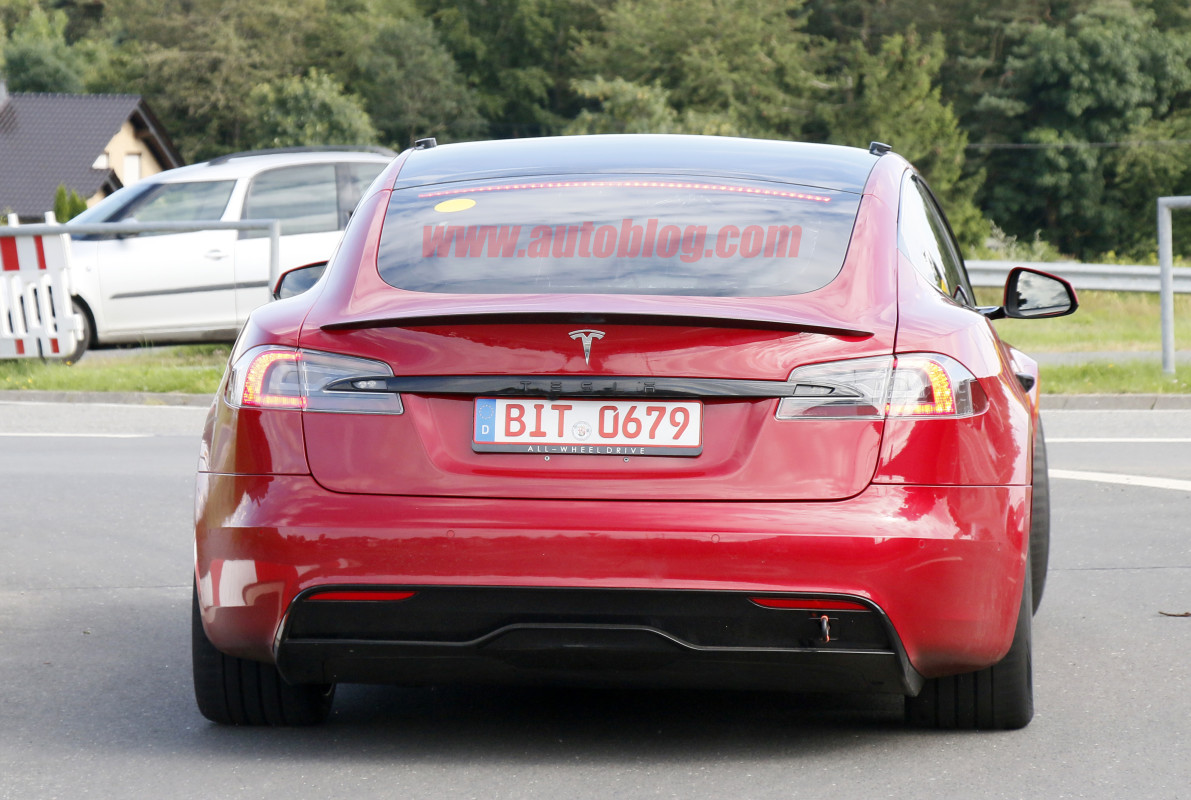A Norwegian court has ordered Tesla to buy back a Model S Plaid after a catastrophic brake failure during a track day, marking one of the most damning legal defeats for the automaker in recent memory. The Oslo District Court ruled in favor of the owner, Vilhelm Dybwad, who reached out to The Drive about the incident, after the high-performance EV failed to complete even a single lap without overheating its brakes—despite being advertised as a track-ready machine.
The court found Tesla’s marketing claims to be misleading and ruled that the $150,000 vehicle was sold under false pretenses. Tesla must now refund the full purchase price, pay interest, and cover legal fees—adding up to nearly $150,000 in total compensation.
Tesla
What Happened on Track?
Dybwad’s Model S Plaid experienced total brake fade at Rudskogen Motorsenter, Norway’s most demanding racetrack, on its very first hot lap. The failure was immediate and severe: the car’s brake system overheated almost instantly, flashing warning messages and rendering the car unsafe for track use.
The owner filed suit under Norway’s strong consumer protection laws. The court found that Tesla had marketed the Model S Plaid as “track-capable” without equipping it with proper hardware to survive a performance environment. Tesla’s defense—that a carbon-ceramic brake package was coming later—was not deemed sufficient, as it wasn’t available at the time of purchase.
Holden
Marketing Promises Versus Reality
Tesla has long walked a fine line between performance bragging rights and practical durability. In this case, its own ads—including a Nürburgring campaign and various Plaid promo clips—were used as evidence of deceptive claims. This ruling comes at a time when Tesla is also facing significant pressure in the U.S. over how it markets its driver-assist features.
Just this week, the company published a new safety report claiming its Autopilot system is significantly safer than manual driving, stating that cars using Autopilot went over six million miles between crashes in Q2. But critics argue that real-world user experience often paints a more inconsistent picture.
That inconsistency has become a legal liability. In California, Tesla is now facing a potential 30-day sales ban over allegations of misleading advertising regarding its “Full Self-Driving” and “Autopilot” systems—terms regulators argue are dangerously inaccurate.
Tesla
More Trouble Ahead
The buyback ruling could set a precedent in Europe and beyond, particularly for owners who have pushed the Model S or Model X beyond their daily comfort zones. Although Tesla has already launched track packages for newer Model S units—complete with upgraded brakes—this case highlights a wider problem for the company: the disparity between its marketing and real-world performance.
It also comes amid growing global competition. In China, Tesla faces a serious threat from Dongfeng’s new M-Hero M817, an off-road-capable hybrid SUV that racked up 10,000 pre-orders in just 24 hours. The M817’s broad capability and local appeal make it a formidable rival in a market where Tesla’s position has become less secure.

What This Means for Owners and Enthusiasts
For Model S Plaid owners, the takeaway is clear: despite its straight-line speed and headline-grabbing horsepower, the Plaid may not be as versatile as Tesla claims. Unless fitted with the appropriate hardware—and driven within its limits—the car may not meet the expectations its marketing has set.
Whether this case sparks more lawsuits is unclear. But it’s certainly part of a broader reckoning Tesla faces—not just for its product claims, but for its relationship with regulators and consumers worldwide.